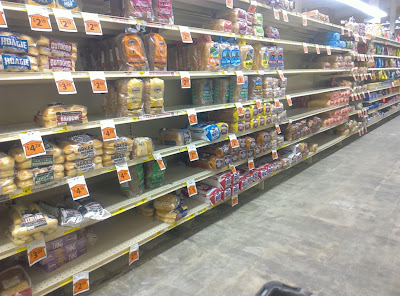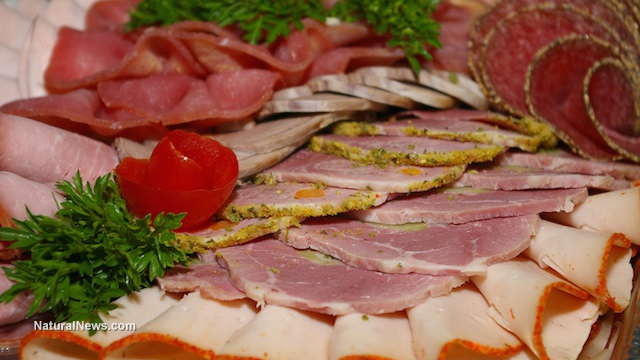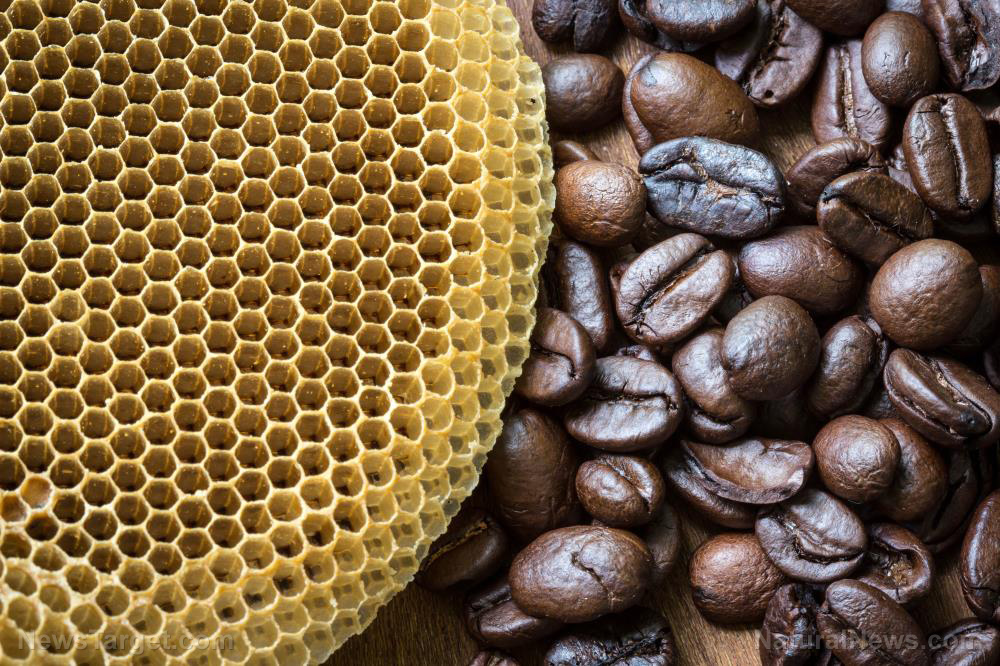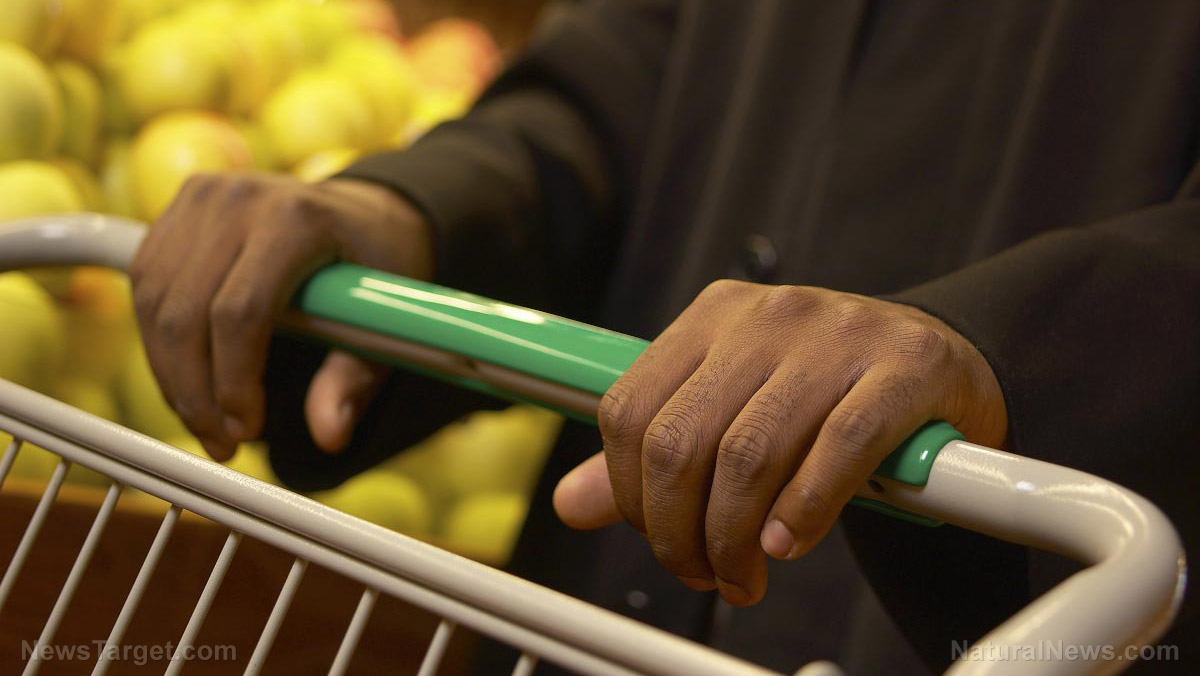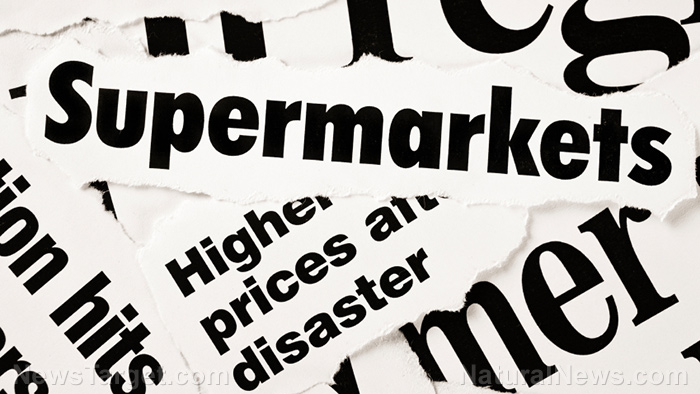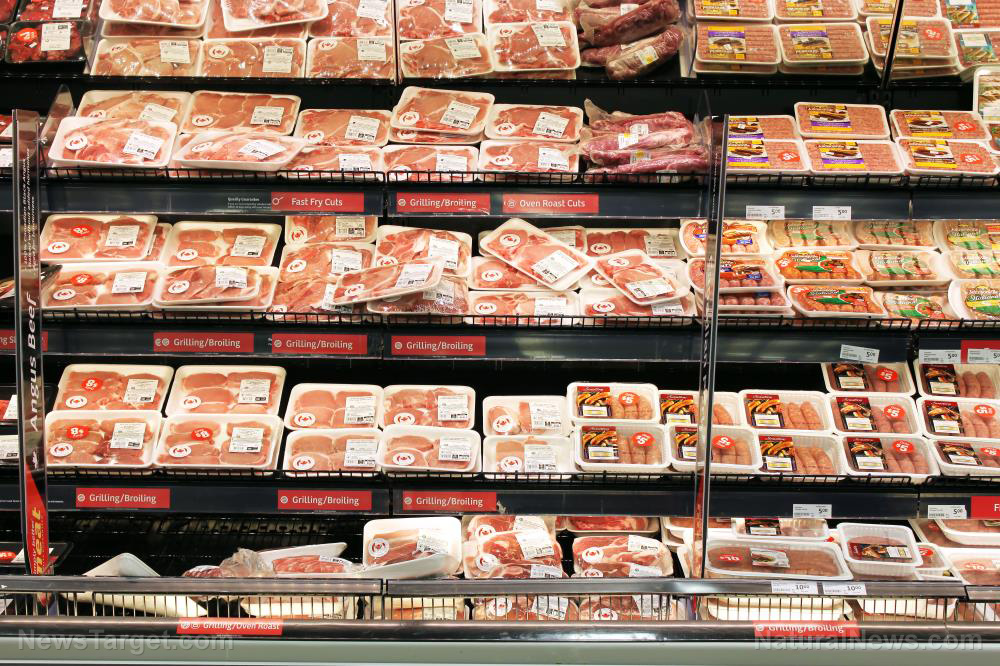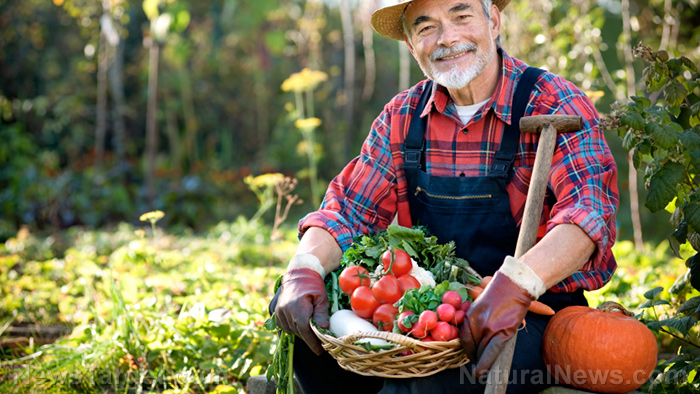Largest US food distributor having trouble keeping shelves stocked; price shock imminent
08/25/2021 / By News Editors
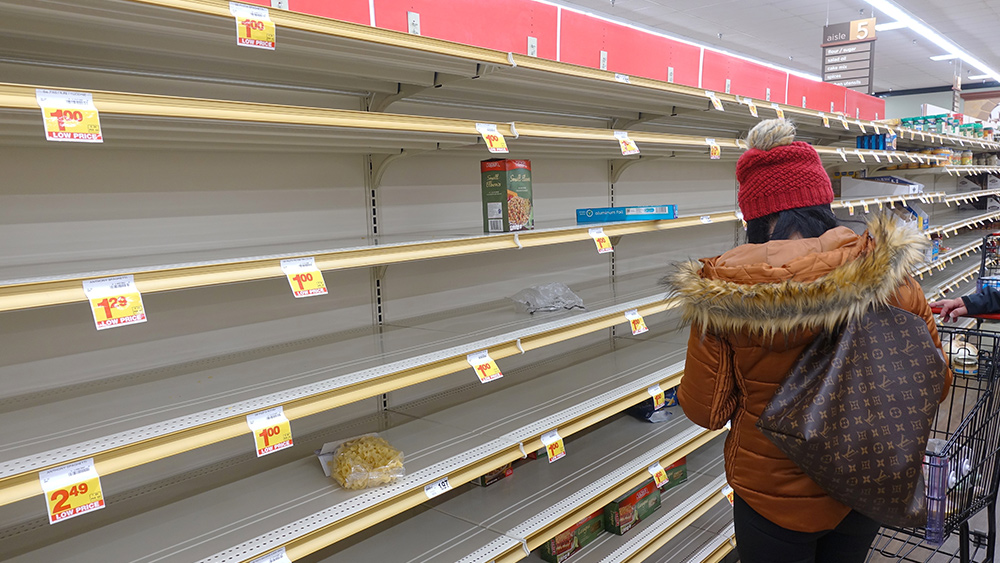
One of the defining features of the early phases of the covid pandemic, when public fear was rampant and when few wanted to take chances that supply chains would remain viable, is that for a brief period US supermarkets resembled those of the USSR circa the late 1980s: many items were in short supply, and some – notably toilet paper, clorox, and perishables such as milk – were out of stock for weeks.
(Article by Tyler Durden republished from ZeroHedge.com)
Fast forward to today when fears about the Delta strain are being fanned by the liberal media, the US may be facing a similar shortage of key products… only this time for a very different reason: not a surge in demand, but rather a drop in supply.
According to Bloomberg, some of the largest U.S. food distributors are “reporting difficulties in fulfilling orders as a lack of workers weighs on the supply chain.” Take distribution giant Sysco, North America’s largest wholesale food distributor, which is turning away customers in some areas where demand is exceeding capacity.
Worse, food inflation is about to soar: the company said prices for key goods such as chicken, pork and paper products for takeout packaging are climbing amid tight supplies. In particular, production has slowed for high-demand, labor-intensive cuts like bacon, ribs, wings and tenders, Sysco said. And if intermediate and final wholesale prices are “rising”, just wait until they emerge on the consumer side.
The culprit for the coming price shock? Biden’s catastrophic stimmies and universal basic income which has unleashed havoc on the US job market and led to historic labor shortages:
“There are certain areas across the country that are more challenged by the labor shortage and our volume of orders is regularly exceeding our capacity,” Sysco Chief Executive Officer Kevin Hourican said in a letter to clients earlier this month. “This has, unfortunately, led to service disruptions for some of our customers.”
Hourican’s troubling observations were confirmed by an analysis from DecaData, which tracks retailer transactions with shoppers and manufacturers; it showed that retailers are bumping up against manufacturer capacity as they stockpile ahead of the holiday season. In July, the incidence of suppliers limiting or putting a cap on orders from customers was more than double what it was in January, its data show.
Another major distributor, United Natural Foods is having trouble getting food to stores on time. The company blamed not just labor shortages, but also delays in the procurement of some imported goods like cheese, coconut water and spices, as causing the problems.
“We anticipate additional supplier challenges in the short term with gradual improvement through the fall and winter,” a United Natural Foods representative said. The company’s top priority is to support customers “by working diligently to recover and bring their shelves back to normal inventory levels as quickly as possible.”
Translation: it’s about to get bad as the double whammy of insufficient workers and snarled supply chains leads to shortages of key perishables and, logically, must higher prices.
U.S. companies across industries are reporting a dearth of workers amid sweetened unemployment benefits, stimulus payments and a pandemic that has reduced the appeal of in-person employment. Houston-based Sysco is aggressively hiring warehouse workers and truck drivers and offering referral and sign-on bonuses along with retention money for current staff.
The entire food sector is seeing “massive labor shortages,” Benjamin Walker, senior vice president of sales, marketing and merchandising at Baldor Specialty Foods told Bloomberg.”Service levels are the lowest I’ve seen in my 16-year career, and it doesn’t seem like it’s going away anytime soon.” Finding truck drivers is “next to impossible,” he said, while freight costs are rising daily. The company’s orders are arriving late and consequently facing delays in being sent to customers. On the outbound side, on-time deliveries are still above 50% but have fallen from the usual rate of more than 90%.
“We all thought it would be over by now. It’s just one thing after another,” he said.
“This is going to be the norm for a while.”
Read more at: ZeroHedge.com and FoodCollapse.com.
Tagged Under: big government, Collapse, COVID, economy, food supply, grocery, Joe Biden, labor shortage, national security, pandemic, Price, price hike, starvation, stocks, supermarkets
RECENT NEWS & ARTICLES
COPYRIGHT © 2017 GROCERY NEWS





